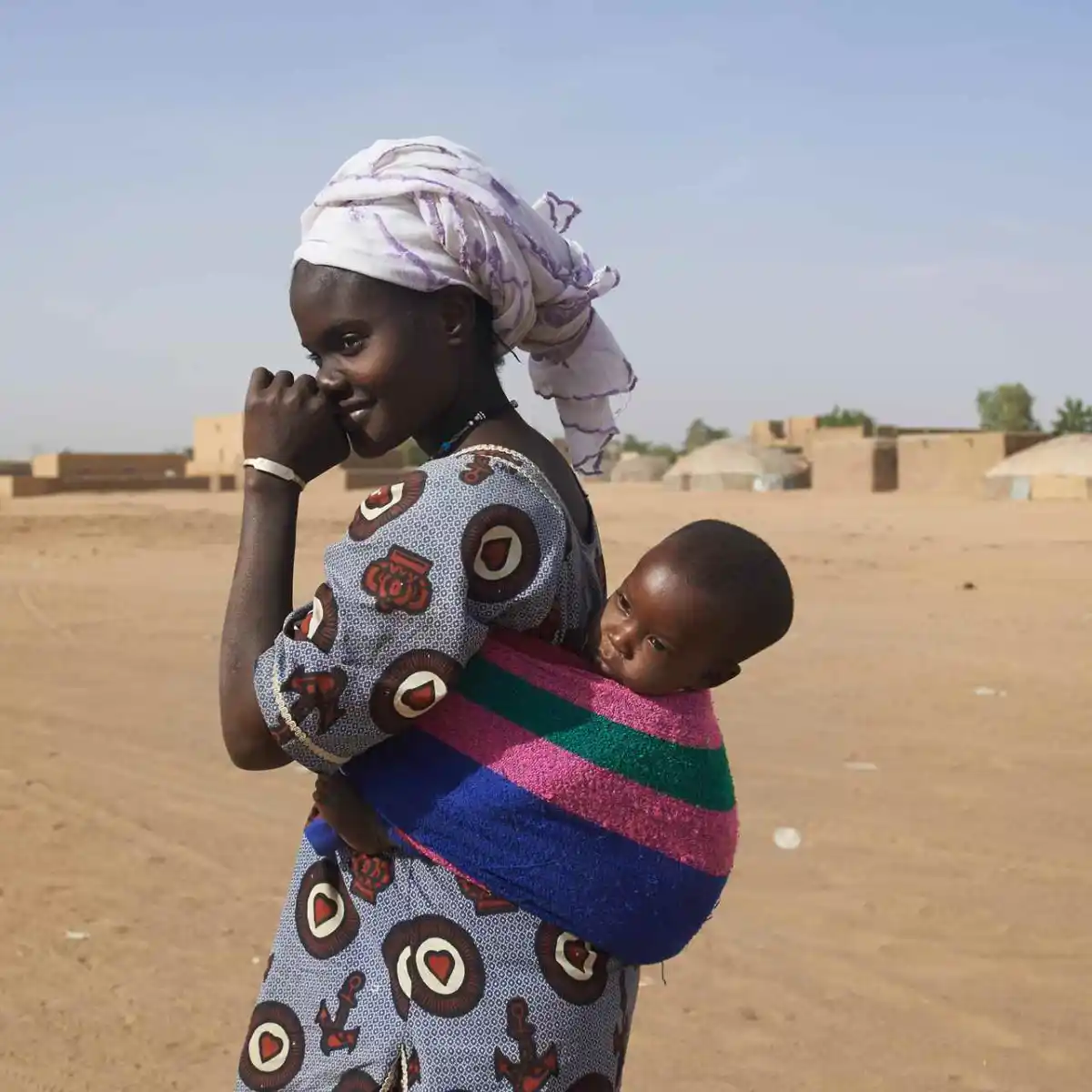Maternal Mortality in Nigeria

Nigeria is considered to be the most populous country in Africa, with a population of over 200 million people. Nigeria also has the highest GDP among other African countries in 2021. Unfortunately, it is also the country with the highest maternal death count worldwide. Twenty percent of all global maternal deaths occur in Nigeria alone. In 2015, the government had an estimated maternal mortality ratio of over 800 maternal deaths per 100,000 live births. So why does Nigeria have such high numbers when it comes to maternal mortality compared to the rest of the world?
The World Health Organization states that “the high number of maternal deaths in some parts of the world reflect inequities in health services and highlight the gap between rich and poor. Nearly 100% of global maternal deaths occur in developing countries, with more than half of these deaths occurring in sub-Saharan Africa and almost one-third in South Asia.” This is a reasonable explanation because women in developing countries have, by far, a lot less access to quality healthcare facilities, education regarding maternal mortality, and necessary medications. Many women are also unable to afford these services, even if they have access to them. Another factor that can keep pregnant women from receiving adequate care is Nigeria’s patriarchal society that suppresses females.
When a mother dies during childbirth, it leaves a significant burden on her family. Daughters of a household may be withdrawn from school to take over the housework and look after the other children, causing the family to be further exposed to poverty. For most of those young girls, the death of their mother perpetuates the cycle of poverty that they may be unable to escape. With the effects of maternal mortality and morbidity being so adverse, how does Nigeria’s health infrastructure influence the maternal mortality rate?
A survey done by the British Journal of Obstetrics and Gynecology revealed that in 2012 and 2013, the Nigerian maternity care system had nearly 1000 maternal deaths in 42 tertiary hospitals across Nigeria. These deaths are primarily the result of the quality-of-care issues and delays in accessing adequate levels of care. Maternal mortality is entirely preventable, and although Nigeria is trying to reduce it, there is immense room for improvement.
Increasing the accessibility, availability, and affordability of quality primary health care would dramatically reduce the number of victims of maternal mortality. Nigeria should also work to improve the education of girls and expand their access to health information and services. New strategies relevant for diverse regions of Nigeria should be implemented, but overall, the country should adopt new policies that improve the socioeconomic status of women.
Sources:
https://bmcpregnancychildbirth.biomedcentral.com/articles/10.1186/s12884-019-2471-8
https://www.who.int/reproductivehealth/maternal-health-nigeria/en/
https://worldpopulationreview.com/countries/nigeria-population
https://www.statista.com/statistics/1120999/gdp-of-african-countries-by-country/
https://borgenproject.org/women-in-nigeria/
https://www.joghr.org/article/12733-reducing-maternal-mortality-in-nigeria-addressing-maternal-health-services-perception-and-experience